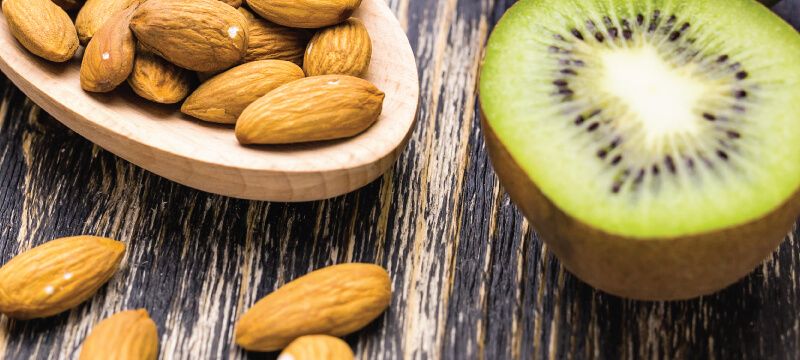The Ultimate Diet For Optimal Skin Health

In the quest for healthy and vibrant looking skin so much attention is placed on the latest skincare products or new cosmetic treatment. While the right products and procedures impact the appearance of your skin, there is one important thing that people often overlook on their quest for better skin – their diet.
Simply incorporating healthy foods that are high in specific vitamins and nutrients in your diet can help your skin look its best. Unfortunately, the reverse is also true: if you starve your skin of essential nutrients overtime your skin will become dry, dull, and old-looking.
For radiant skin try adding these foods to your diet:
Essential Fatty Acids: Foods like walnuts, flax seed, chia seed, and salmon are high in essential fatty acids; nutrients that help the skin maintain healthy cell membranes. The skin’s cell membranes are important because they help the skin maintain its moisture levels while shielding it from harmful free radicals (two functions that are essential for maintaining healthy skin). Omega-3 fatty acids may reduce the occurrence of NMSC as well as reduce inflammatory skin disorders such as keratosis pilaris, acne, eczema, and psoriasis to name a few.
Antioxidant Filled Fruits: Antioxidants have been shown to be a vital part in slowing the effects of natural aging. Just like the Vitamin C serum you should be putting on your face fights free radicals from UV radiation and pollution, the antioxidants in these fruits fight the same free radicals, but from the inside out. Fruits such as blueberries, strawberries, cranberries, and prunes weighed in with the highest “total antioxidant capacity” of any food.
Dairy Products: Vitamin A (along with several other vitamins) has been shown to be a very important part of maintaining healthy skin cells. The best place to get your daily dose of A is through dairy products, such as milk, yogurt, and cheese. Even if you’re watching your waistline you can incorporate low-fat dairy products which are still rich in vitamin A.
Selenium: Some studies have shown that a mineral called selenium plays a vital role in skin health by helping the skin recover from sun damage. Foods high in selenium include muffins, wheat bread, Brazil nuts, and tuna.
Water: It’s well understood that hydration plays a pivotal role in skin health. Ample consumption of water decreases dryness and roughness, and increases elasticity, which softens lines and wrinkles, giving the skin a more youthful appearance. Make sure to stay hydrated by consuming at least 64 ounces of water each day. Equally important though is keeping the skin moist with creams and lotions daily after a shower to keep hydration intact.
As our largest organ covering 22 square feet, the skin serves as a protective barrier between the world and your body. Thus, skin health is a crucial part of our overall health. Take care of your skin just as you would your heart, lungs or eyes. You can’t live without it!
